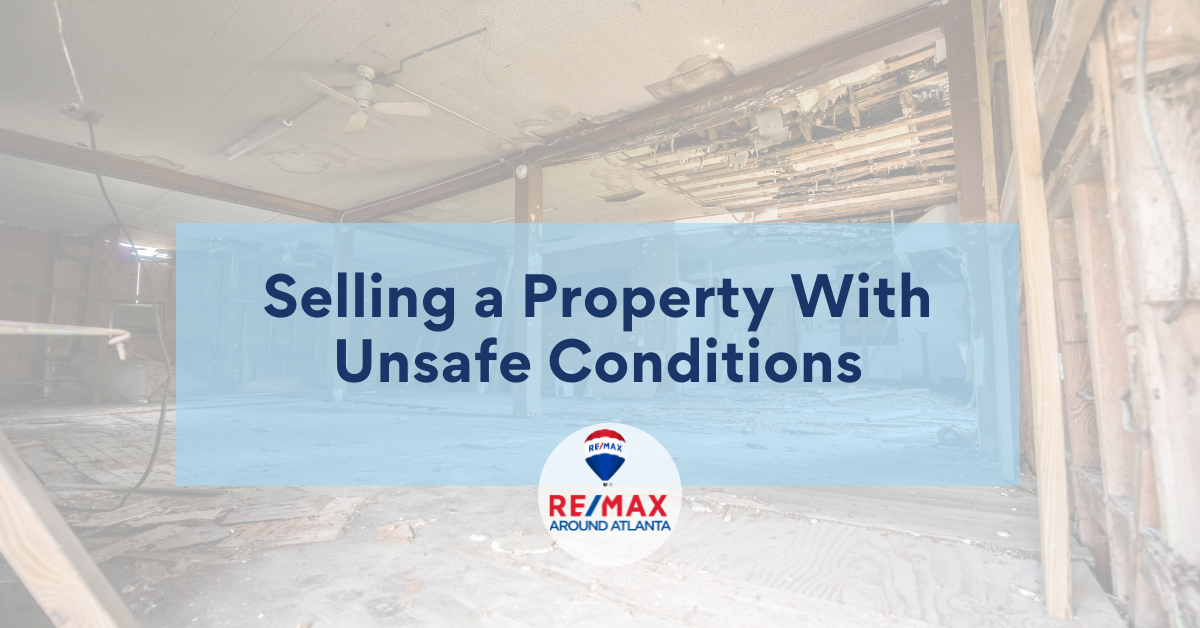|
If prospects or their broker are injured while viewing a listed property (either
inside an improvement or on the land) because of an unsafe condition, both the owner of the property and the broker can be sued for premises liability damages. Most premises liability injury claims come down to proving that the property owner failed to take reasonable steps to fix a known (or reasonable knowable) unsafe condition or to otherwise prevent an injury on the property. That is, the owner was negligent in its duty to make sure invitees are safe from known dangers on the property. The law defines "reasonable" as what a person of ordinary intelligence and judgment would do under the same circumstances. If a premises liability case goes to trial, it is left up to a jury to decide what is reasonable under the circumstances. Damages can include a wide range of losses, including medical bills, time missed at work, physical and mental pain and suffering resulting from the injuries, and more. The Injured Party Cannot be Careless or Negligent In Georgia, a visitor to a property cannot be careless or negligent either. If an injured person could have exercised ordinary care to avoid an injury on a property, they will not be able to recover damages. This brings us to the real world of listing property that may be dilapidated or may have unsafe conditions. Preventing Injury and Liability The best-case scenario prior to listing a property with unsafe or dilapidated conditions would be to have a professional inspection of the property and to correct any revealed conditions. If the owner is unwilling or unable to make such repairs, the inspection report can be given to buyers before their tour of the property as a form of disclosure. (Even if the repairs are made, the report should be given out.) In the real world, owners are often unwilling to have a property inspection. If a condition is known, reasonably knowable or even suspected, warning of it will go far in protecting the owner and broker from liability. Remember, a visitor to a property cannot be careless or negligent either. If visitors ignore clear posted warnings, they are far less likely to recover damages. If you can provide evidence that you took reasonable efforts to prevent harm to others, you are much less likely to be found liable. Consider the following preventive actions:
Seth Weissman offers several Special Stipulations in the Red Book to use when selling a property with unknown or unsafe conditions. Consider the following. Not Familiar with the Condition of the Property SS: Buyer acknowledges that Seller is not familiar with the condition of the Property. The Property is therefore being sold in “as is” condition. The Property contains numerous conditions that are in need of repair or replacement. While Seller is unaware of latent or hidden defects in the Property or safety concerns, Seller has not examined the Property in search of latent or hidden defects. Buyer agrees to have the Property inspected by a professional home inspector, engineer, and/or other construction experts to ensure that Buyer is familiar with the condition of the Property. Buyer covenants not to sue Seller for any matter arising out of or relating to the condition of the Property. When the Seller Knows or Suspects the Property to Be in a Dilapidated or Dangerous Condition SS: The Seller is not providing the Buyer with a Seller’s Property Disclosure Statement Exhibit because the Seller is unfamiliar with the condition of the Property. The Property and improvements upon the Property may contain defects and dangerous conditions. Consequently, the Buyer and Buyer’s Agent(s) are encouraged to use the utmost of caution while in and around the Property to avoid injury. The Buyer is strongly encouraged to have the Property carefully inspected by a professional inspector because of the Seller’s lack of familiarity with the condition of the Property.
0 Comments
Leave a Reply. |
RMAAReal Estate News, Brokers Blog & More Categories
All
Archives
July 2024
|


 RSS Feed
RSS Feed